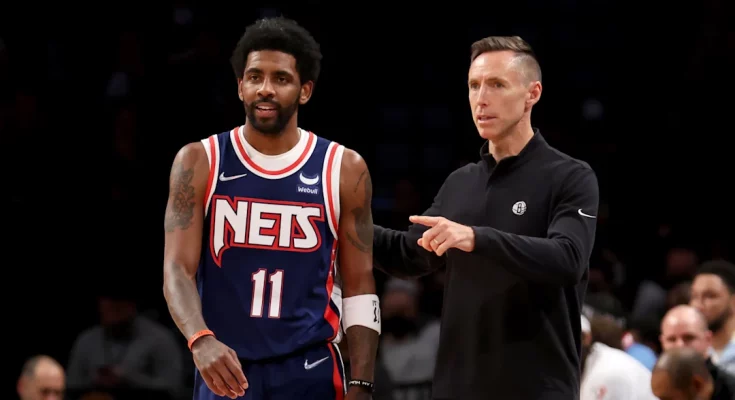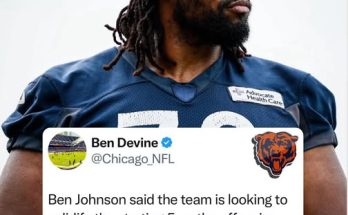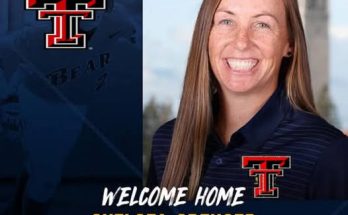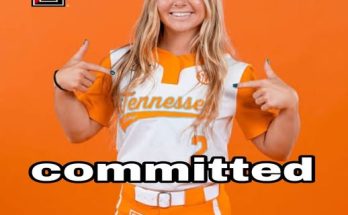Kyrie Irving has never been one to shy away from speaking his truth, and when he finally opened up about his time with the Brooklyn Nets and former head coach Steve Nash, the words carried a mix of reflection, regret, and raw honesty. While the Nets’ experiment with Irving, Kevin Durant, and James Harden once had the makings of an all-time dynasty on paper, the reality unfolded in far more complicated and, at times, chaotic fashion. Now, in hindsight, Irving is ready to share what went wrong—and what never clicked—behind the scenes in Brooklyn, especially in regard to Nash’s coaching and leadership.
When the Brooklyn Nets hired Steve Nash in September 2020, the NBA world was surprised. Nash had never coached at any level before, let alone led a team with championship aspirations and three high-powered personalities in Irving, Durant, and eventually Harden. The move was controversial, but the Nets’ front office believed Nash’s basketball IQ and relationships, particularly with Durant, would be enough to navigate the egos and expectations that came with the job. What they didn’t anticipate was the full spectrum of interpersonal dynamics that would test Nash’s leadership in ways he couldn’t control—and Kyrie was at the center of many of those moments.
In a recent interview, Irving reflected on Nash’s hiring and the environment that followed. “I think we all had good intentions,” Kyrie said. “Steve came in with the right heart. But sometimes having a good heart and a great basketball mind doesn’t always translate to leadership that connects with everybody in the room.” Kyrie didn’t go as far as to blame Nash for the team’s failures, but he made it clear that the relationship was strained from the beginning. He admitted that the lack of a traditional coaching background, combined with the team’s internal pressures and off-court drama, made it difficult for Nash to command respect in the way a seasoned head coach might have.
What complicates the story is how quickly expectations escalated for that team. Once James Harden arrived via trade from Houston, the media dubbed the trio a “superteam,” instantly forecasting deep playoff runs and championships. But behind closed doors, Irving suggests, there were communication breakdowns and philosophical disagreements about how the team should be led. “When you’ve got three guys who’ve been ‘the man’ on their own teams,” he said, “you need someone in that head coach role who can put egos in check while also empowering everyone to be their best selves. I don’t think Steve ever got a fair chance to do that, but at the same time, I don’t think he knew how to.”
Irving’s time in Brooklyn was marred by injuries, media controversies, and the highly publicized decision not to take the COVID-19 vaccine, which led to his ineligibility to play home games for a large portion of the 2021–2022 season. During that stretch, the chemistry between players and coaches reportedly took a hit. “It wasn’t just about basketball at that point,” Kyrie explained. “It became about control, narratives, and public perception. Steve was stuck in the middle of all that. He tried to keep things light, tried to stay positive. But when the world’s criticizing us every day and you’ve got guys not seeing eye-to-eye behind the scenes, positivity isn’t enough.”
Though many fans and pundits viewed Kyrie’s actions—like his sabbaticals away from the team and refusal to be vaccinated—as signs of unreliability, Irving sees it differently. He views that era as one in which personal boundaries were repeatedly violated and where leadership, from both coaching and the front office, failed to create a safe and trusting environment. “It felt like no one had our backs sometimes,” he said. “We were thrown to the wolves. And Steve, as good a guy as he is, didn’t know how to shield us from that.”
Despite the criticisms, Irving insists there’s no bad blood between him and Nash. “I’ve got nothing but respect for Steve as a player and as a person. We just weren’t aligned,” Kyrie noted. “That happens in life. You work with people, and sometimes it clicks, sometimes it doesn’t. That doesn’t mean you hate them or wish them bad. It just means the fit wasn’t right.”
What adds another layer to Kyrie’s comments is his tone—not defensive, not angry, but rather a mixture of maturity and emotional clarity. “I’ve had time to sit with it all,” he said. “There were mistakes on my part too. I could’ve communicated better. I could’ve handled things differently. But hindsight is always clearer, right? When you’re in the moment, you’re doing your best to survive mentally, emotionally, and physically.”
Steve Nash was ultimately let go by the Nets in November 2022, replaced by Jacque Vaughn. At the time, the decision seemed inevitable. The team was in disarray, and the once-promising core was unraveling. Irving and Durant would soon be traded, signaling the end of an era that never quite lived up to the hype. But in his conversation about Nash, Kyrie made it clear that the failure wasn’t just about Xs and Os. It was about identity, alignment, and what happens when a team is built around stars but lacks the infrastructure to support them holistically.
“Leadership is more than just running plays and calling timeouts,” Irving said. “It’s about knowing your guys—what motivates them, what they’re going through off the court, how to build trust. That kind of leadership can’t be taught overnight. And in Brooklyn, we didn’t have time to grow into that. Everything was ‘win now,’ and when we didn’t, people pointed fingers.”
Irving’s reflection also touched on the personal toll the Brooklyn years took on him. “It drained me,” he admitted. “Not just the losses or the media stuff. But the constant feeling that everything had to be perfect, or else you were the villain. I think that wore on all of us, including Steve.”
While some might interpret Kyrie’s comments as veiled shots at Nash, they read more like a post-mortem from a player who has been through the fire and is now trying to make sense of it all. It’s easy to forget just how much noise surrounded the Nets during that period—COVID protocols, trade rumors, Harden’s exit, Ben Simmons’ arrival, playoff collapses. And through it all, Steve Nash was expected to manage not just the basketball side of things, but the emotional chaos as well.
“To be honest, we all failed in some ways,” Kyrie said. “But that doesn’t mean we didn’t care. I know Steve cared. KD cared. I cared. It just didn’t work out. But that’s life. You take the lessons and move forward.”
Irving, now a member of the Dallas Mavericks and alongside Luka Dončić, is finding new footing both on and off the court. He seems more grounded, more intentional with his words. That doesn’t mean he’s abandoned his free spirit, but rather that he’s matured in how he shares it with the world. And part of that growth includes acknowledging the missteps of his past without deflecting blame.
As for Nash, he has yet to publicly respond to Kyrie’s latest reflections, but the two appear to have left their rocky partnership in the past. Kyrie’s tone suggests peace, not resentment. “Steve and I had different perspectives, but we shared the same goal—to win,” Kyrie concluded. “And while we didn’t achieve that, I learned a lot. About myself, about leadership, about the game. And for that, I’m grateful.”
Time has a way of reframing the narrative, and in this case, it has offered Kyrie Irving a clearer lens through which to view the Brooklyn Nets saga. There’s no longer a need to defend, deny, or dodge. Instead, there’s space for honesty—raw, reflective, and unfiltered. And perhaps, for the first time in years, that’s the version of Kyrie the basketball world is finally starting to understand.



